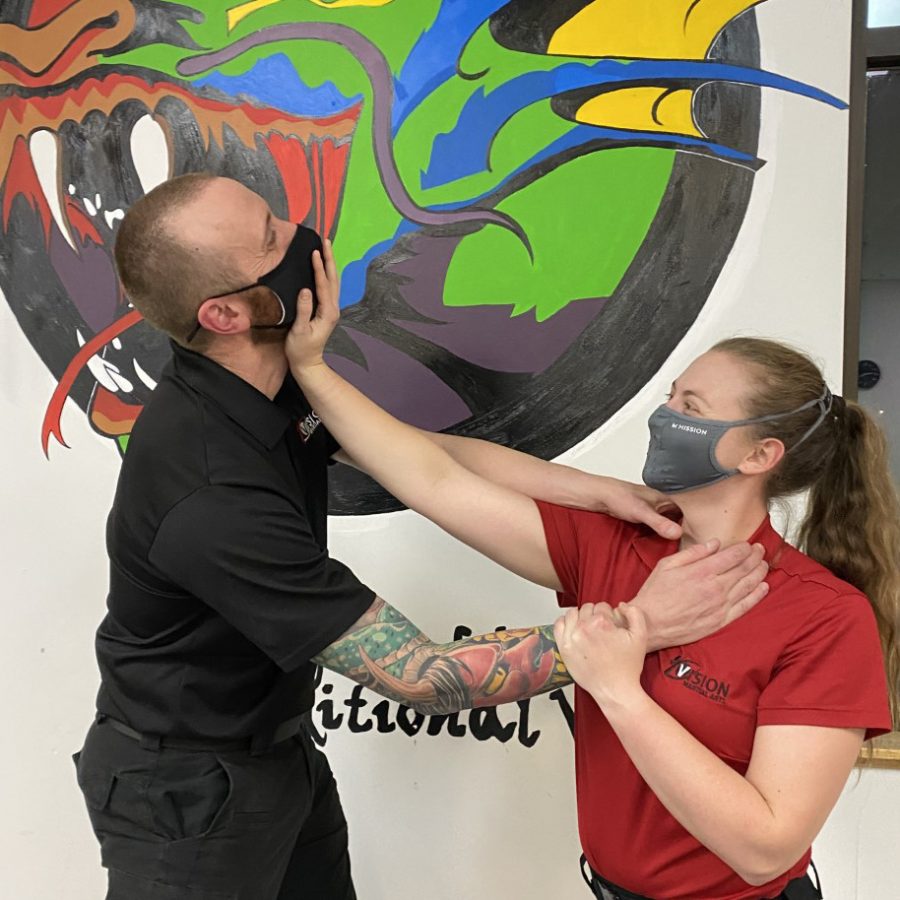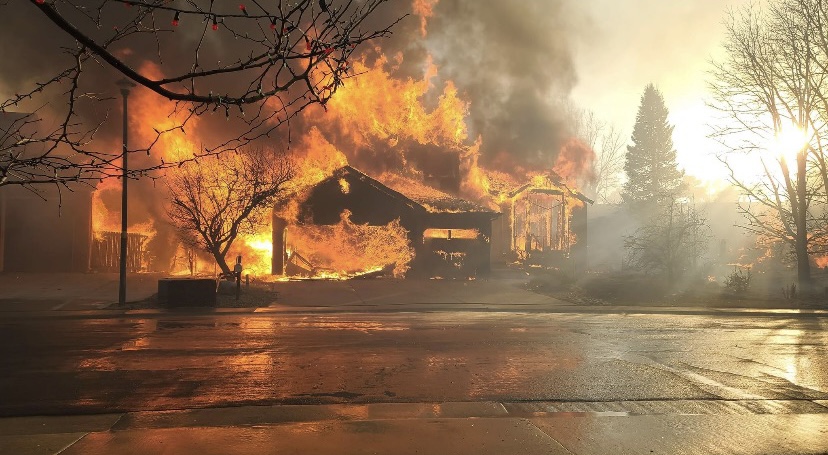
Over the past few months, mosquito spraying has increased over Colorado because of a nationwide increase of the West Nile Virus.
There are two forms of mosquito control, larvicides and adulticides. Larvicides are chemical products used to kill immature mosquitoes before they become adults; they are applied directly to water sources. Adulticides are used to kill adult mosquitoes and they are applied through hand-held sprayers, truck mounted sprayers or by airplanes. Adulticides are the products used to kill as many mosquitoes that are infected by the West Nile virus as possible.
However, with the increase of spraying comes an increase of controversy. Some say that the pesticides being sprayed have been known to possibly cause cancer or other health issues.
According to the Center of Disease Control, a study performed found that “application of certain insecticides poses a low risk for acute, temporary health effects among persons in areas that were sprayed and among workers handling and apply insecticides.”
“They should spray the neighborhoods… to stop the mosquitoes from spreading it further,” Fossil Ridge High School senior Beth Parnell said.
Parnell was diagnosed with the West Nile virus this summer. Parnell had a headache for a week straight when she sought out help at urgent care. “I was in the hospital eight hours getting fluids, the headaches stopped after that.”
The hospital then tested Parnell for West Nile and she just received the diagnosis last week. “It was awful and a bad way to end the summer,” she said. Parnell was fatigued and slept all day, “I woke up on and off… I just slept, woke up, ate, and slept again.” She finds herself lucky that fatigue, headaches and small fits of nausea were her only symptoms.
As of Aug. 26 there have been 50 cases of the West Nile virus in Larimer County. Of those, eight patients suffered from a neuroinvasive form. The Colorado Department of Public Health and Environment report 67 statewide cases so far, though they have been known to lag in information. An 81-year-old Longmont resident died of a West Nile infection, according to 9News.
West Nile is an arthropod-borne virus; it can case encephalitis, inflammation of the brain, or meningitis, inflammation of the lining of the brain and spinal cord. Most become exposed by the bite of an infected mosquito. Mosquitoes become infected when they feed on infected birds. Those infected see symptoms between two and 14 days, although symptoms don’t typically develop in most cases. Its fatality rate is between three percent and 15 percent. Symptoms of the virus include fever, headache, body aches, joint pains, vomiting, diarrhea, or rash. Severe cases include headache, high fever, neck stiffness, disorientation, coma, tremors, seizures, or paralysis. Diagnosis can be determined through blood or spinal fluid tests.
Currently, there are no medications to treat West Nile or a vaccine to prevent infection. People with severe cases tend to be hospitalized to receive intravenous fluids and pain medication.



















